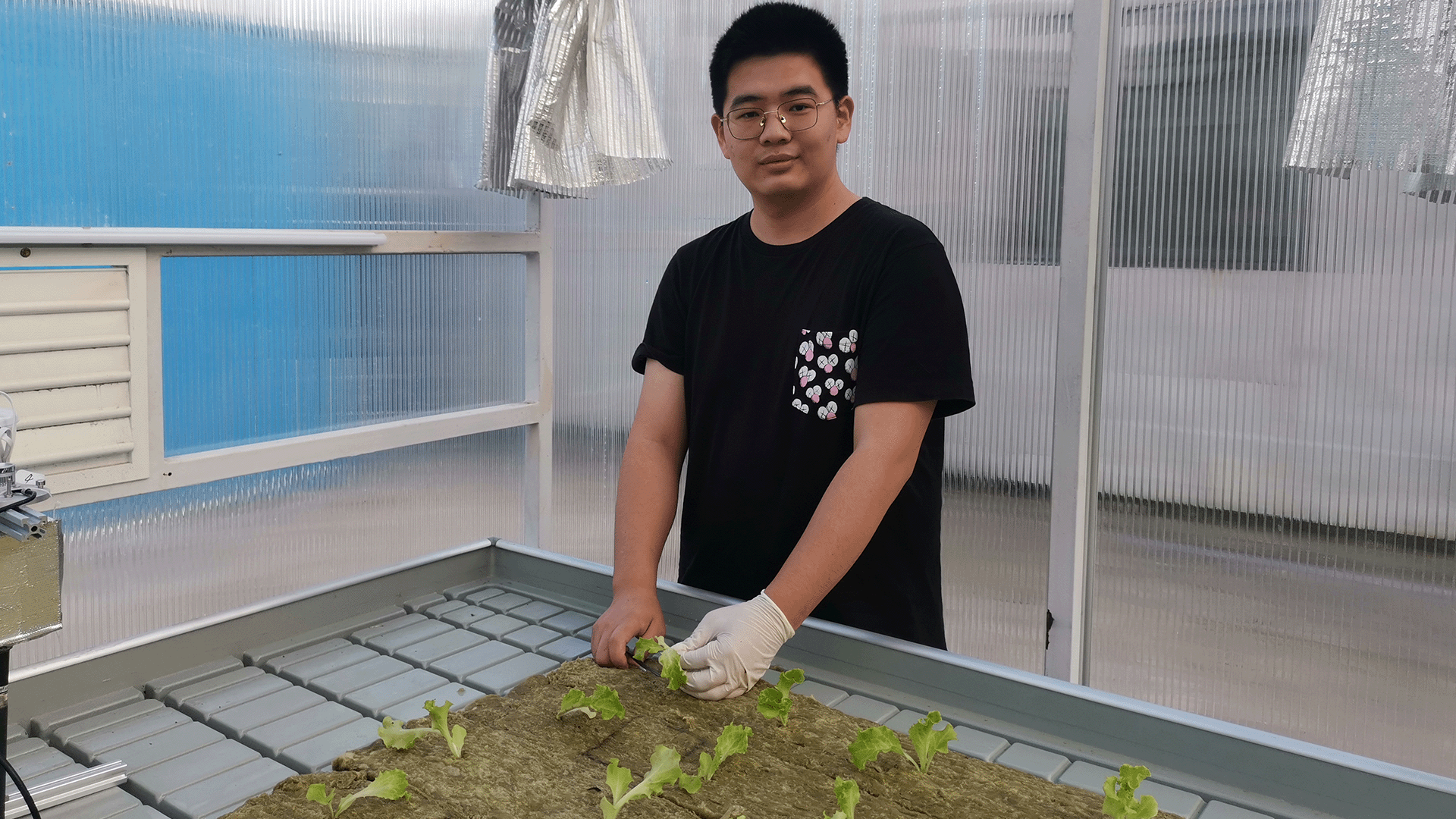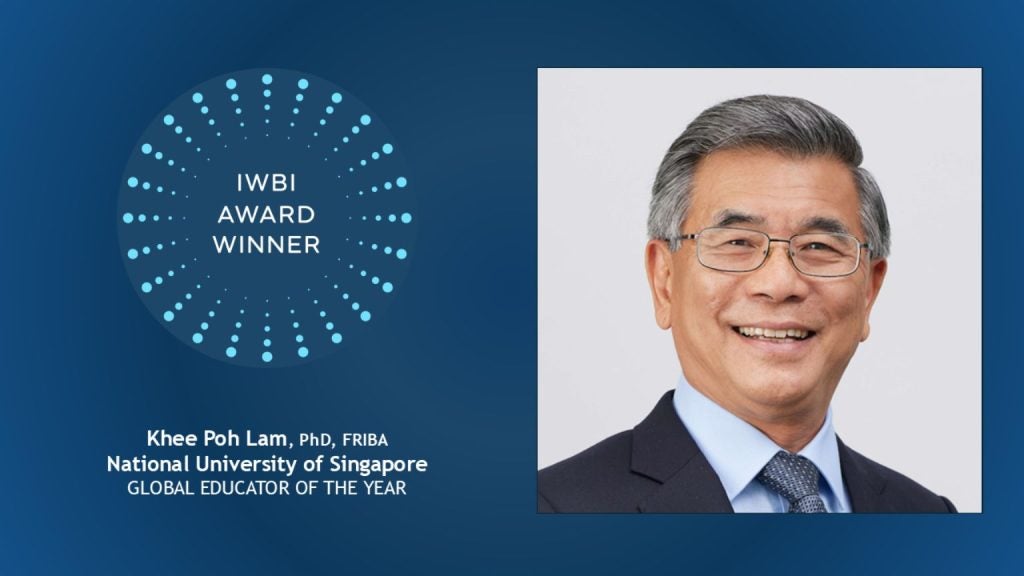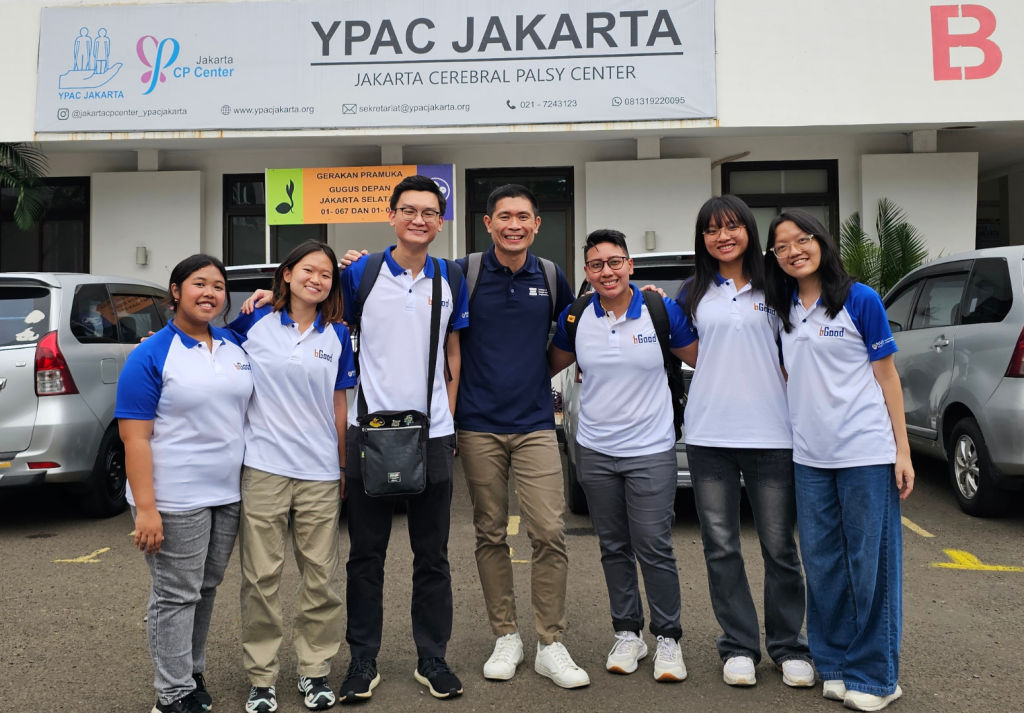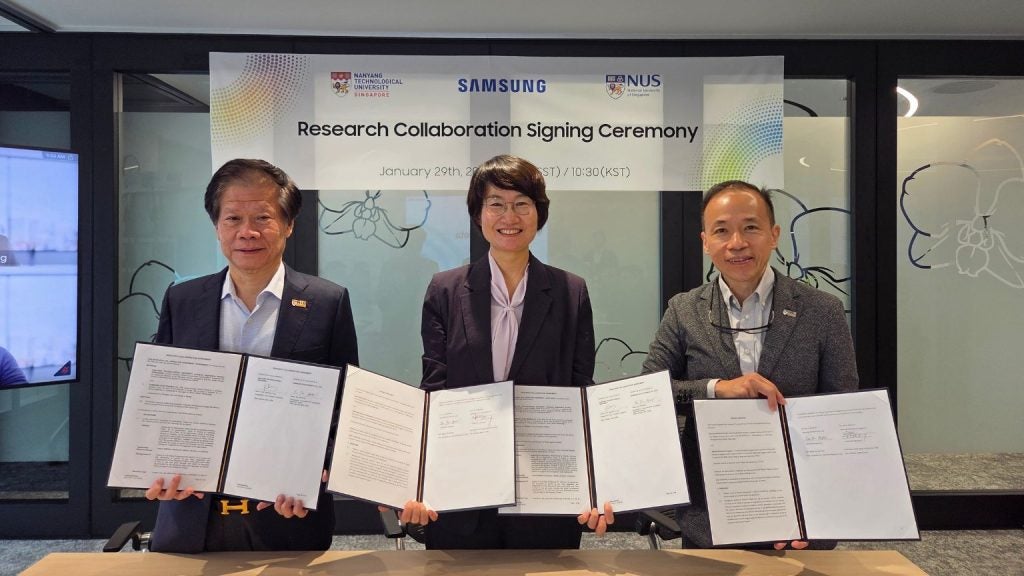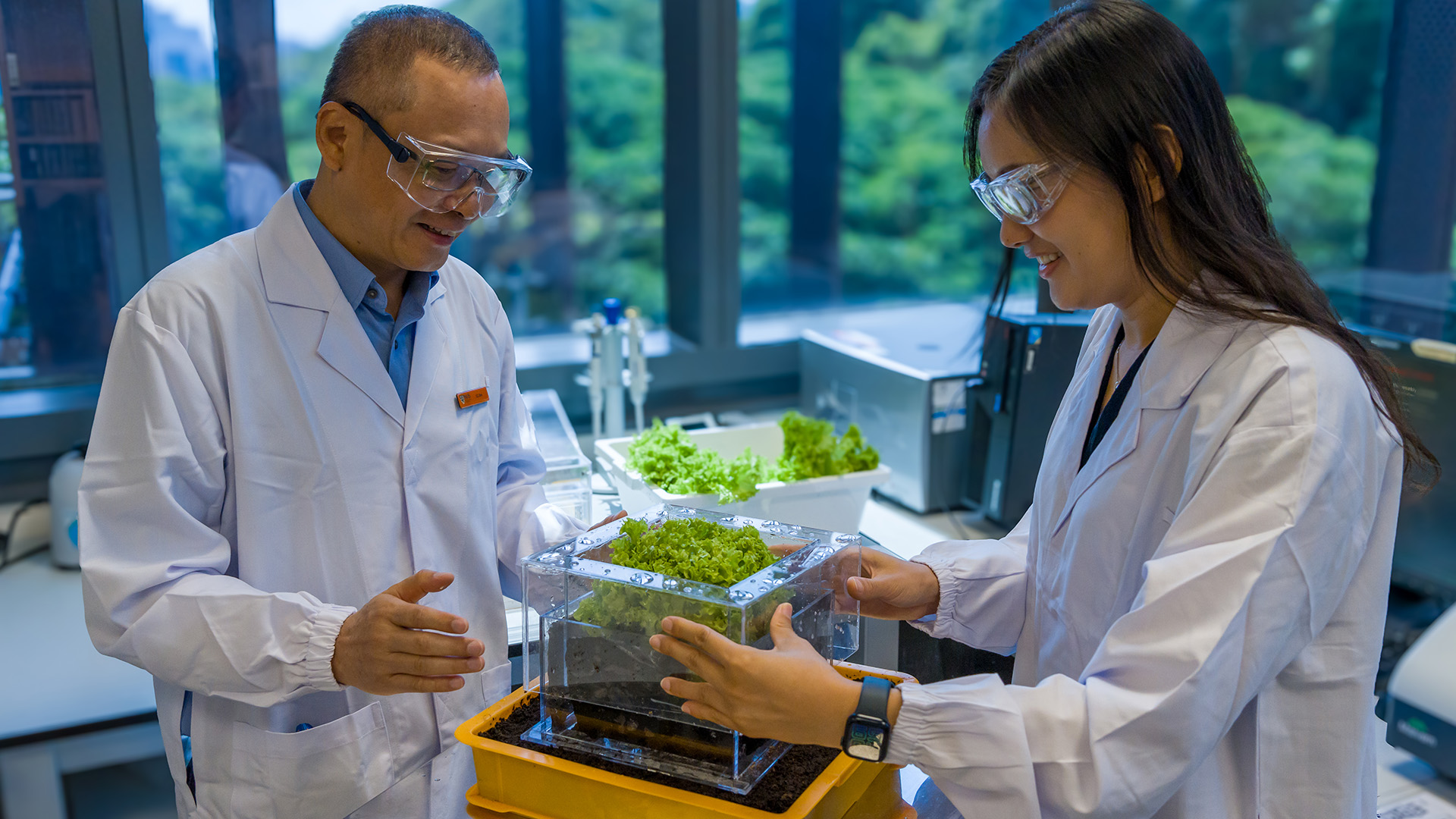
A compact and scalable solar-driven hydrogel irrigation device developed by researchers at CDE could cut water wastage and improve sustainability for urban farms.
The device and the associated hydrogel have been developed by a team led by Professor Li Jun (Biomedical Engineering) working with collaborators Professors Wang Ruzhu and Huang Danfeng from Shanghai Jiao Tong University. The research team say the device could prove especially useful for the growth of urban farms in Singapore, seen as a key step in improving the nation’s food security.
The team’s findings were reported recently in the journal Nature Water.
“One of the biggest challenges urban farms face is managing water use efficiently,” said Prof Li. “Traditional irrigation methods often lead to significant water loss, especially in a tropical climate where soil evaporation and plant transpiration—where plants release water vapour through their leaves—are prevalent.”
These inefficiencies can hinder the growth and sustainability of urban farms. To address this challenge Prof Li and his team developed a type of gel with hygroscopic properties, meaning it is able to capture and store water vapour from the air, and then release it later.
The moisture-harvesting gel, termed TCP-Li, is made from a combination of materials, including titanium nitride (TiN), which acts as the solar energy conversion unit; curdlan, natural biomass polysaccharide that forms a gel when heated; and sodium polyacrylate and lithium chloride, which enhances the gel’s ability to absorb moisture from the air.
To house the gel, the researchers designed a compact, rectangular unit called the Transpiration and Evaporation Assisted Device (TEAD). This device is lightweight and modular, making it easy to integrate into urban farming setups of various sizes. The TEAD device contains a series of layered compartments that hold the TCP-Li gel.
At night when it’s cooler and more humid the gel inside the TEAD system captures moisture from the air inside urban farms or greenhouses. During the day, the device’s transparent upper surface allows sunlight to heat the gel, causing it to release the absorbed moisture as water vapour. This vapour is then condensed and collected as liquid water in a reservoir for reuse in irrigation.
“The TEAD device combined with the TCP-Li gel enables efficient water circulation and reuse, ultimately saving up to 45 per cent of irrigation water,” said Prof Li.
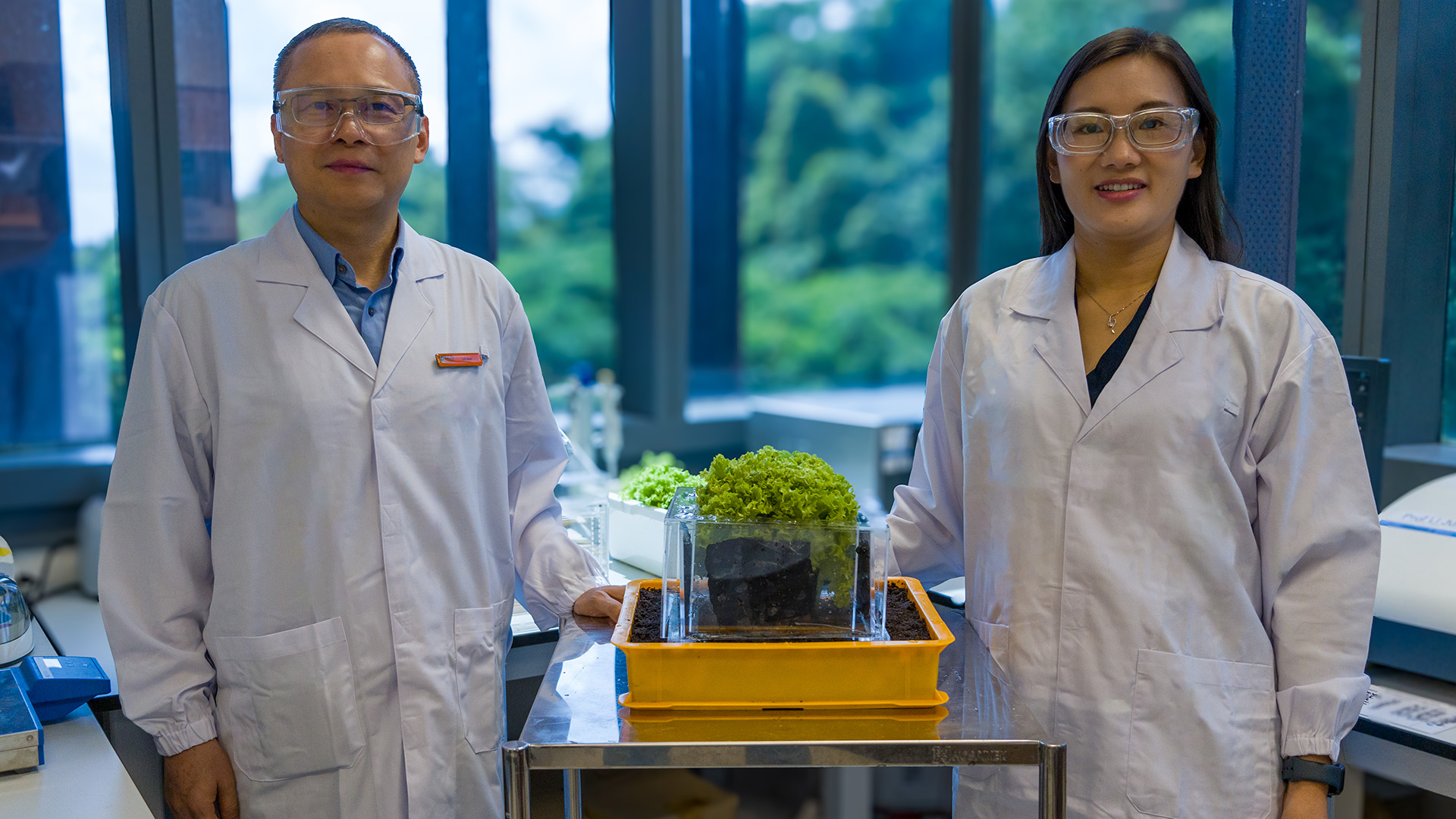
“Think of it like a sponge that soaks up moisture from the environment. Unlike traditional methods that may require complex machinery or high energy usage, our gel-based system is simple and passive—it uses natural cycles of humidity and sunlight without the need for additional energy.”
The researchers say the compact and scalable nature of the TEAD device makes their technology particularly suited to Singapore's urban farms, which are often located on rooftops or in small plots. Furthermore, by improving water efficiency in urban farms, the TEAD system’s technology aligns with Singapore’s broader efforts to create a more sustainable and self-sufficient urban environment.
“Space and resource efficiency are critical for urban farming, and the TCP-Li gel’s ability to operate without electricity or complex machinery is one of its major advantages,” said Prof Li. “It captures water that would otherwise be lost and makes it available for reuse, helping urban farms maximise their water efficiency and reduce their environmental impact.”
“The TEAD device has been designed so that it can be easily installed in greenhouses between crop rows without disrupting existing systems. In urban farming contexts where space and resources are often limited, it can be integrated into vertical farming setups or rooftop greenhouses, enhancing water efficiency without adding to energy costs. This makes it a practical solution for sustainable agriculture in urban environments.”
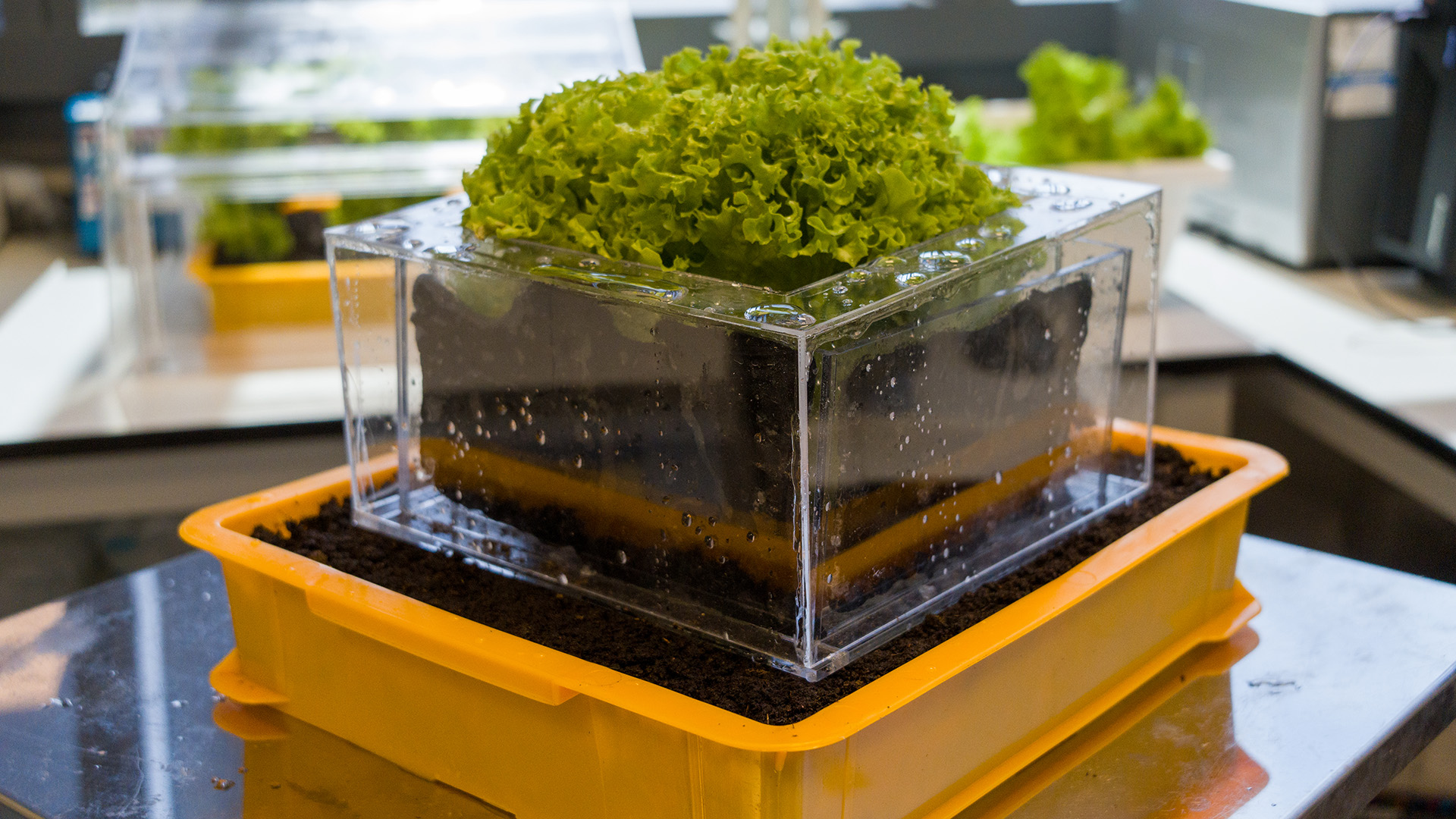
The development of the gel and the TEAD device is the result of an interdisciplinary collaboration between experts in the areas of energy, agriculture, and materials, as well as cooperation between NUS and Shanghai Jiao Tong University.
“We are optimistic that this collaboration will inspire further advancements in water management technologies, contributing to the broader goal of sustainable urban living,” Prof Li said.
The researchers say they are hopeful that the TCP-Li gel will be widely adopted, not just in Singapore but globally. As cities around the world grapple with the challenges of water scarcity, the TCP-Li gel could be an essential tool in ensuring the success and sustainability of urban farms.
“Our research offers a significant step forward in addressing global water scarcity,” said Prof Li. “It provides a powerful, scalable solution that could transform urban communities, making them more resilient and more sustainable.”
